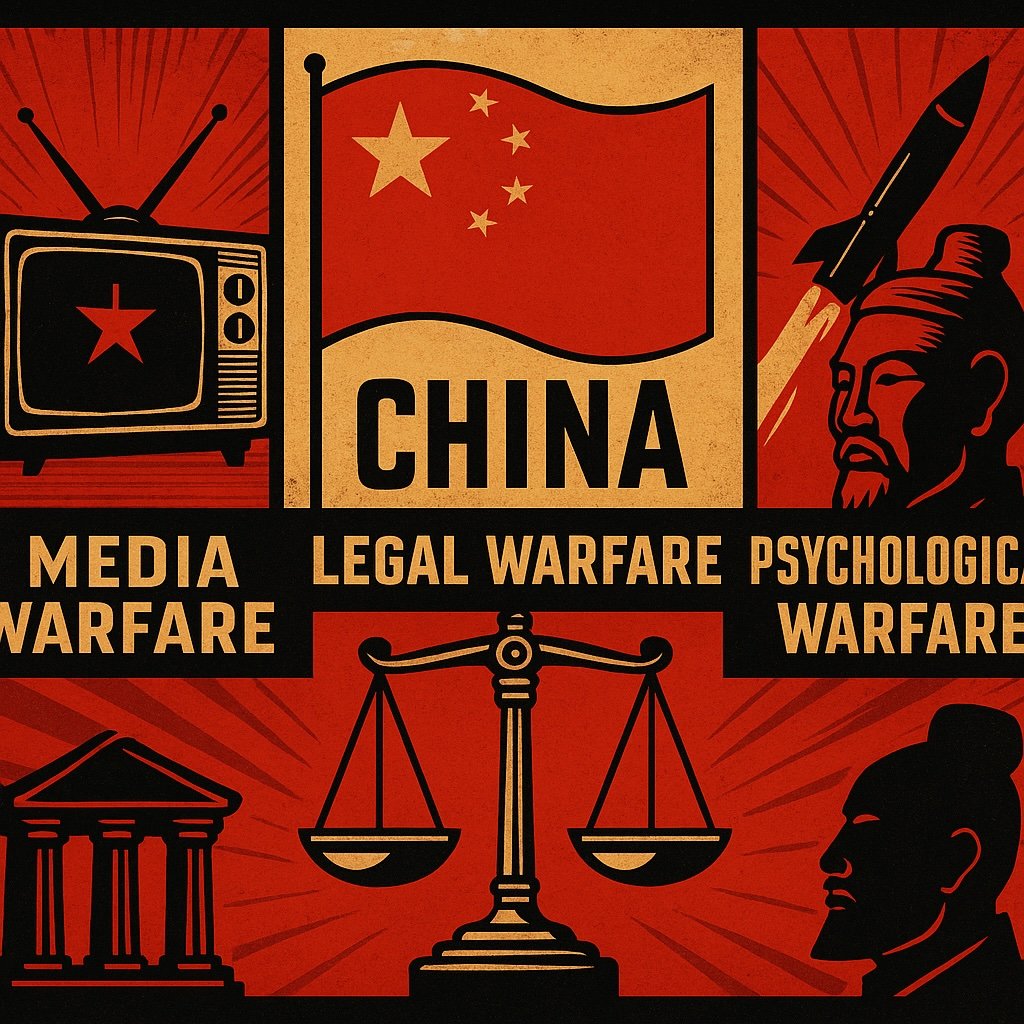Overview
China’s intelligence services have become some of the most formidable and far-reaching in the world. Under the leadership of President Xi Jinping, these agencies have grown in both power and visibility, reflecting a national focus on security, countering foreign influence, and maintaining political control. The Ministry of State Security (MSS) is at the heart of this system, overseeing both foreign and domestic intelligence, as well as counterintelligence and political security.
Key Agencies
- Ministry of State Security (MSS): The main civilian intelligence and security agency, responsible for both domestic and international intelligence gathering, counterintelligence, and protecting the political interests of the Chinese Communist Party. The MSS operates at every level of government and is believed to be the largest intelligence agency in the world.
- People’s Liberation Army (PLA) Intelligence Units: These military intelligence branches focus on signals intelligence, cyber operations, and satellite reconnaissance, and play a key role in China’s broader strategic objectives.
- Ministry of Public Security (MPS): China’s national police force, which also collects intelligence, especially within China’s borders.
Recent Trends
- Greater Political Influence: The MSS and related agencies have gained more political power and visibility, aligning closely with the top leadership’s emphasis on a comprehensive approach to state security.
- Expanded Legal Powers: New laws and regulations have given these agencies broader authority, especially in areas like counter-espionage, surveillance, and cyber activities.
- Global Reach: Chinese intelligence operations now extend worldwide, targeting foreign governments, businesses, and Chinese communities overseas.
Intelligence Methods
- Traditional Espionage: Chinese agencies continue to rely on human intelligence, recruiting agents and informants around the globe to gather sensitive information.
- Cyber Operations: China is recognized for its advanced cyber capabilities, conducting hacking campaigns against government, corporate, and infrastructure targets in other countries.
- Surveillance: Domestically and internationally, Chinese agencies use sophisticated surveillance technology to monitor individuals and groups considered potential threats.
- Artificial Intelligence: Heavy investments are being made in AI to boost data analysis, early warning systems, and operational efficiency.
Domestic Focus
- Counter-Espionage: The MSS has ramped up efforts to detect and neutralize foreign spies and domestic dissent, using anti-corruption campaigns and internal reviews to maintain loyalty.
- Political Security: Surveillance of dissidents, ethnic minorities, and religious groups remains a top priority, with the goal of maintaining internal stability.
International Activities
- Espionage Abroad: Chinese intelligence agencies actively target other countries to obtain political, economic, and technological secrets.
- Influence Operations: These agencies also work to shape foreign perceptions and policies in favor of China, using networks within governments, media, and overseas Chinese communities.
- High-Profile Cases: Recent years have seen an increase in espionage cases involving Chinese operatives in various countries, demonstrating the global scope of their operations.
Challenges and Risks
- Lack of Transparency: Chinese intelligence agencies operate with minimal oversight, raising concerns about human rights and legal accountability.
- Rising Global Tensions: The expansion of China’s intelligence activities has led to increased friction with other countries, fueling a new era of international intelligence competition.
Conclusion
By 2025, China’s intelligence services are more powerful, technologically advanced, and globally active than ever before. These agencies play a central role in the country’s strategy to maintain control at home and expand its influence abroad. Their activities—from cyberattacks to traditional espionage—are reshaping the global intelligence landscape and presenting new challenges for other nations.





